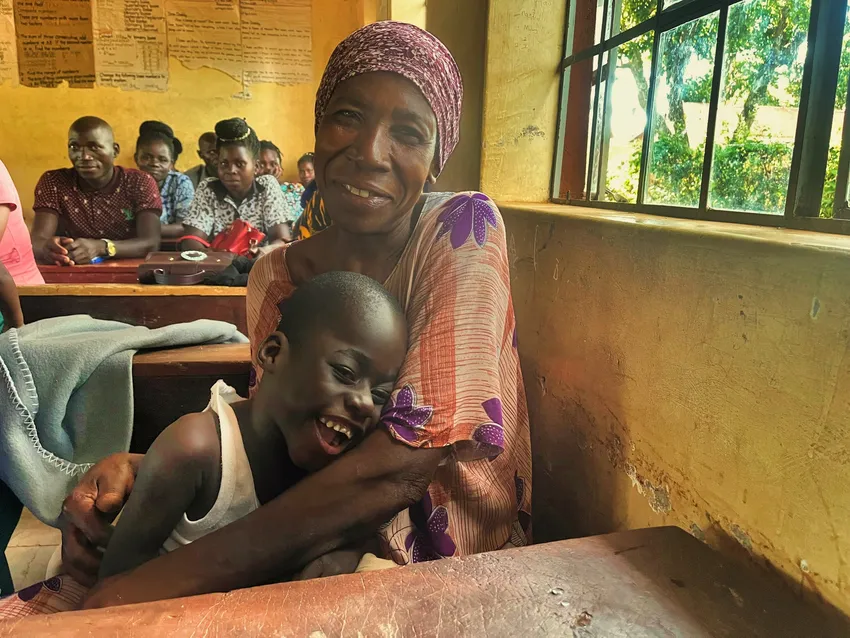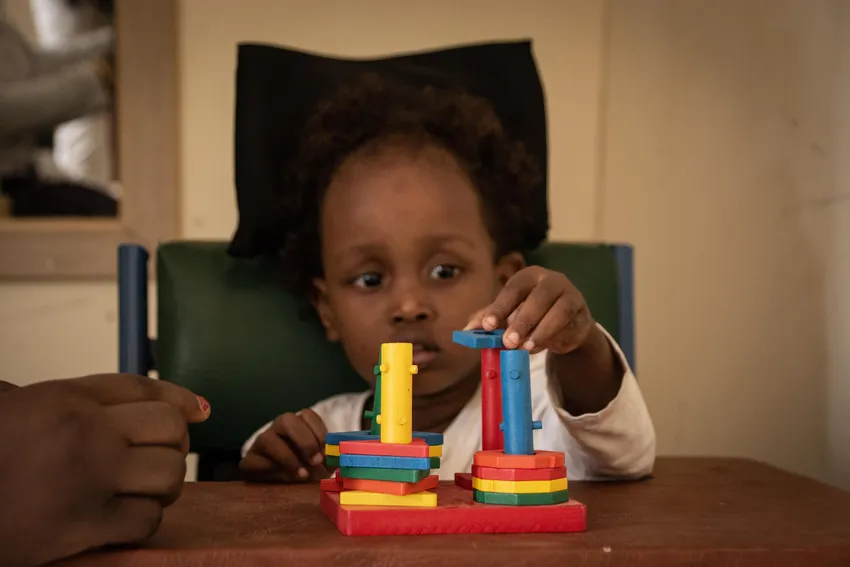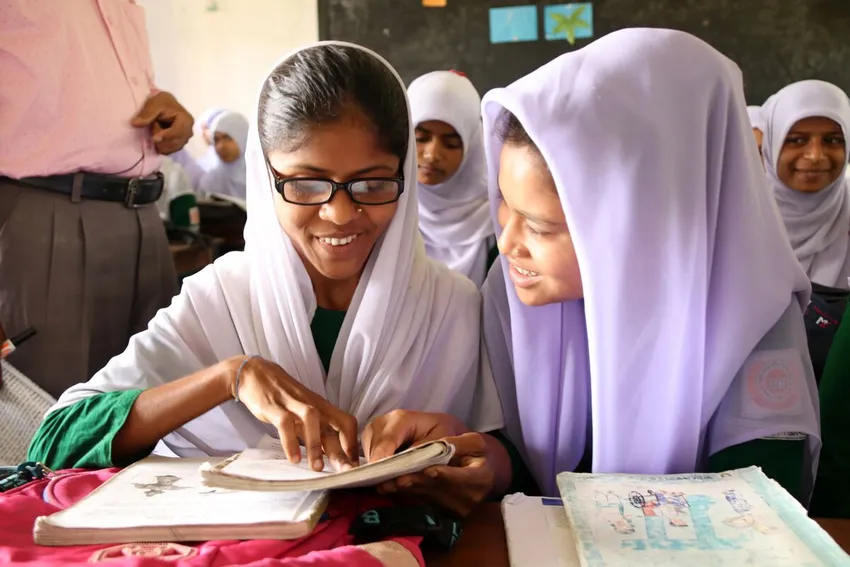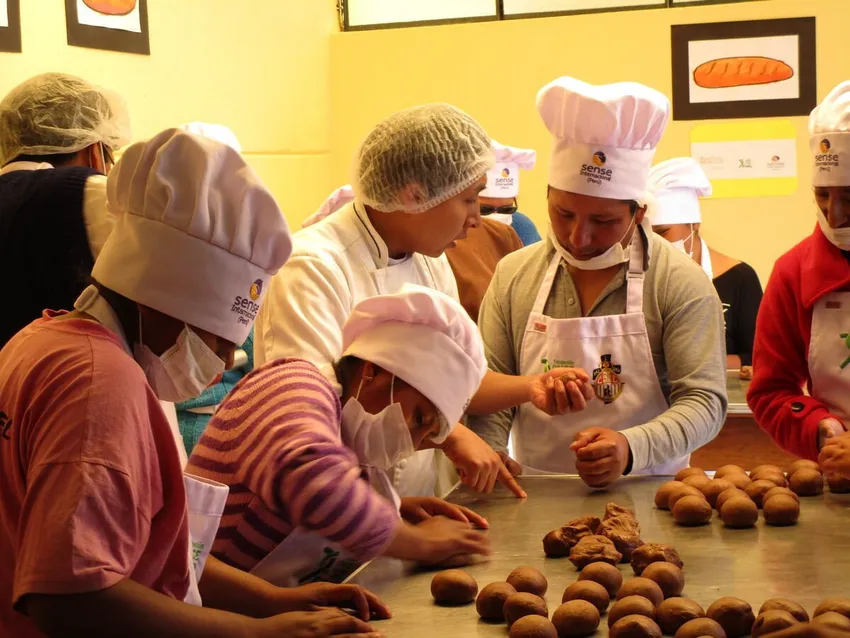This campaign has now closed
Globally, children with deafblindness are among the most marginalised. Many experience stigma, discrimination and are often excluded from healthcare, education, work and society. We support them and their families from infancy into adulthood so they can thrive and be active members of society.
Categories
Beneficiaries
Situation
Deafblindness, a combination of sight and hearing loss, affects a person’s ability to communicate, access information and get around. Over 150 million people have deafblindness worldwide, many of which face barriers to inclusion. Infants are not screened for hearing/sight impairments and lack access to adequate healthcare, leading to a lack of diagnoses and higher mortality rates. Children are often out of school due to lack of support, and young people have limited employment opportunities.
Solution
We support children and their families from infancy into adulthood so they can live, learn and thrive. Identifying children with deafblindness early is vital, so we partner with local health systems to establish screening and early years support services. We work with families, educators and schools to provide an inclusive learning environment for children at home and in schools. And we support young adults into work and employment through vocational training and livelihood opportunities.



